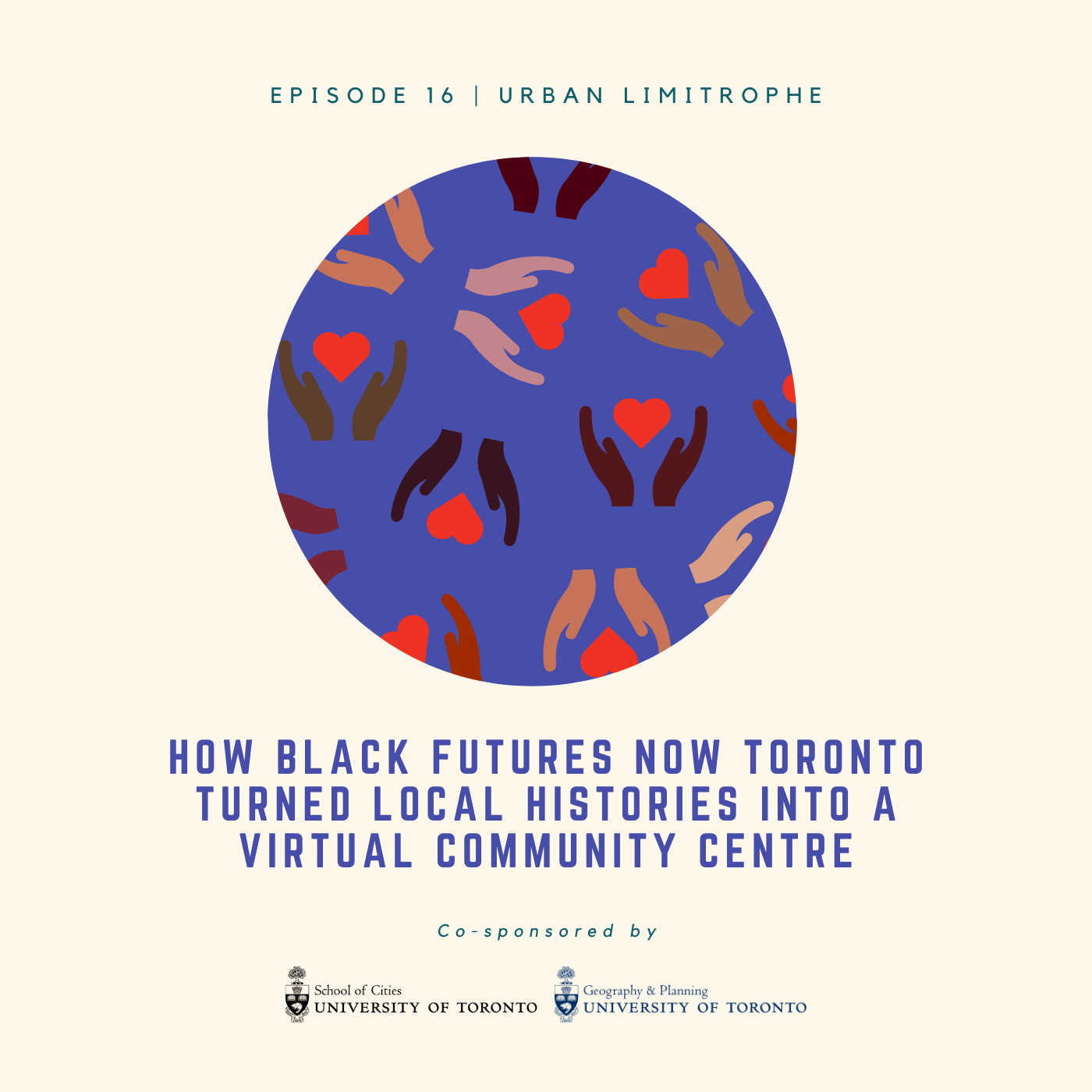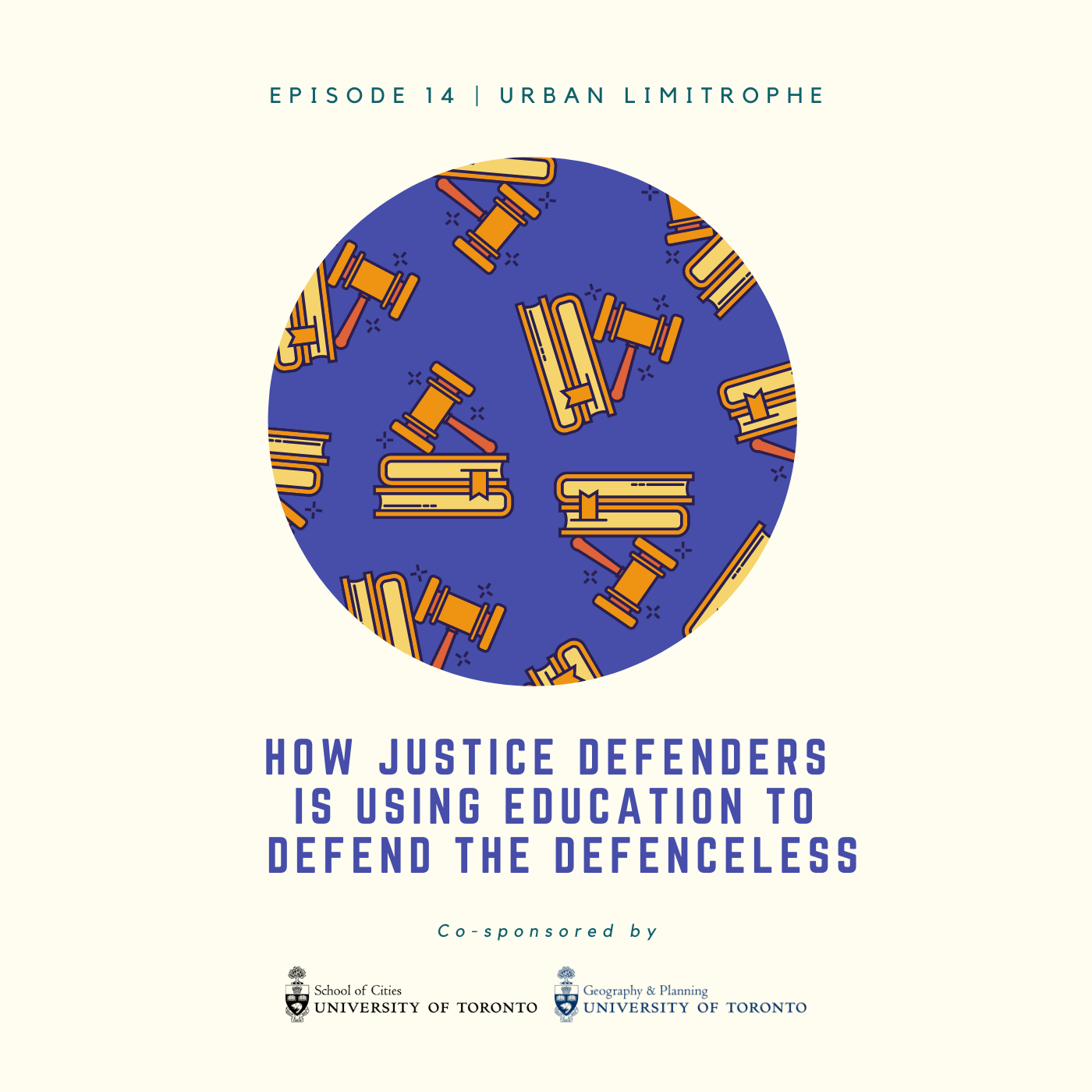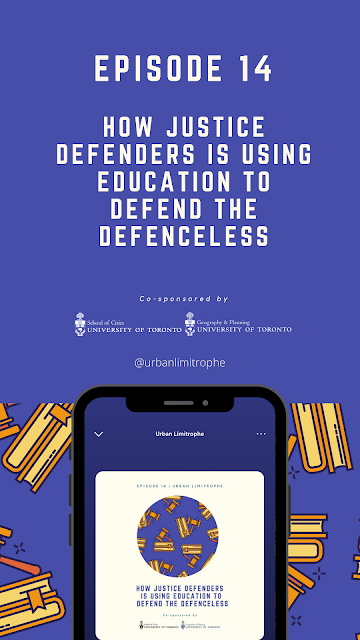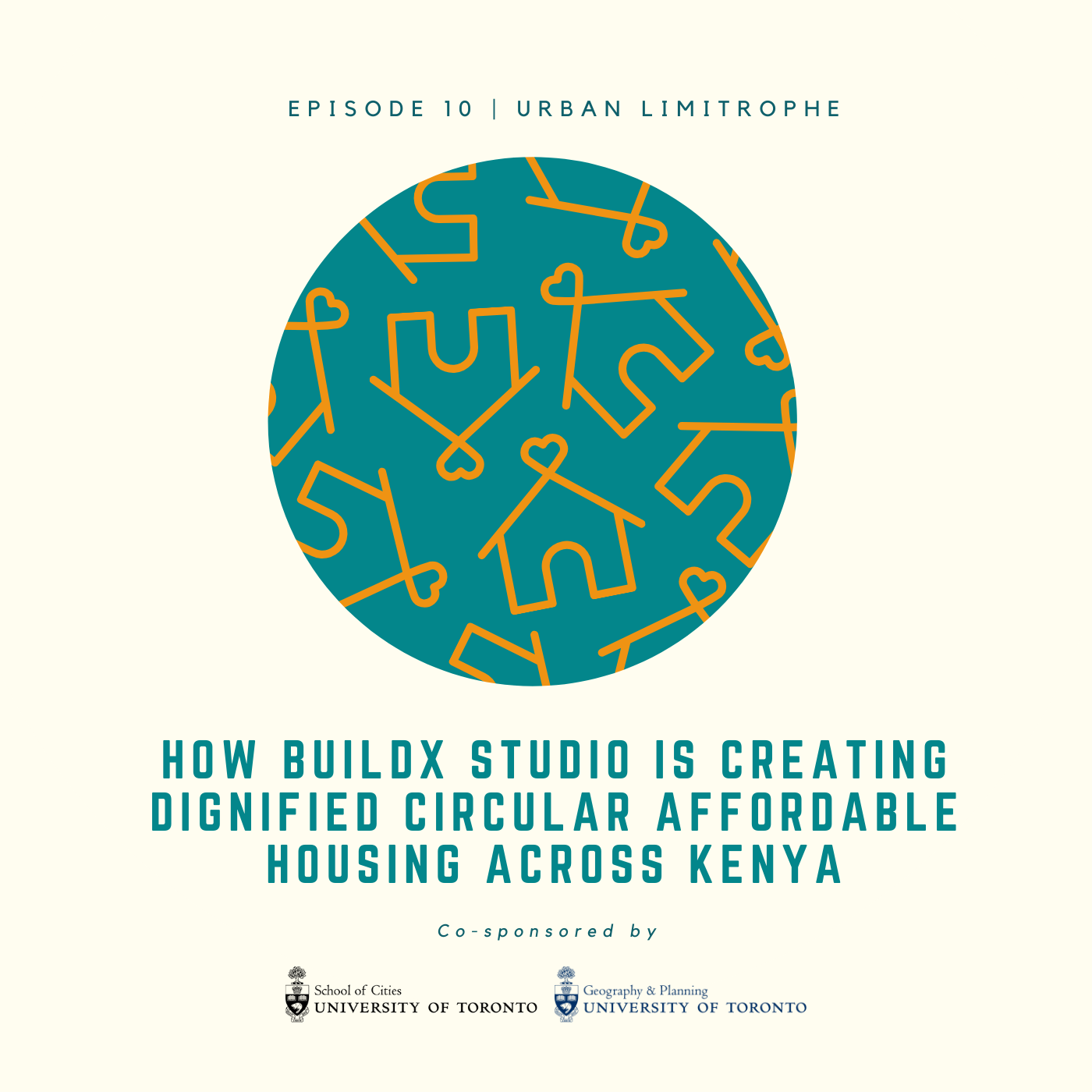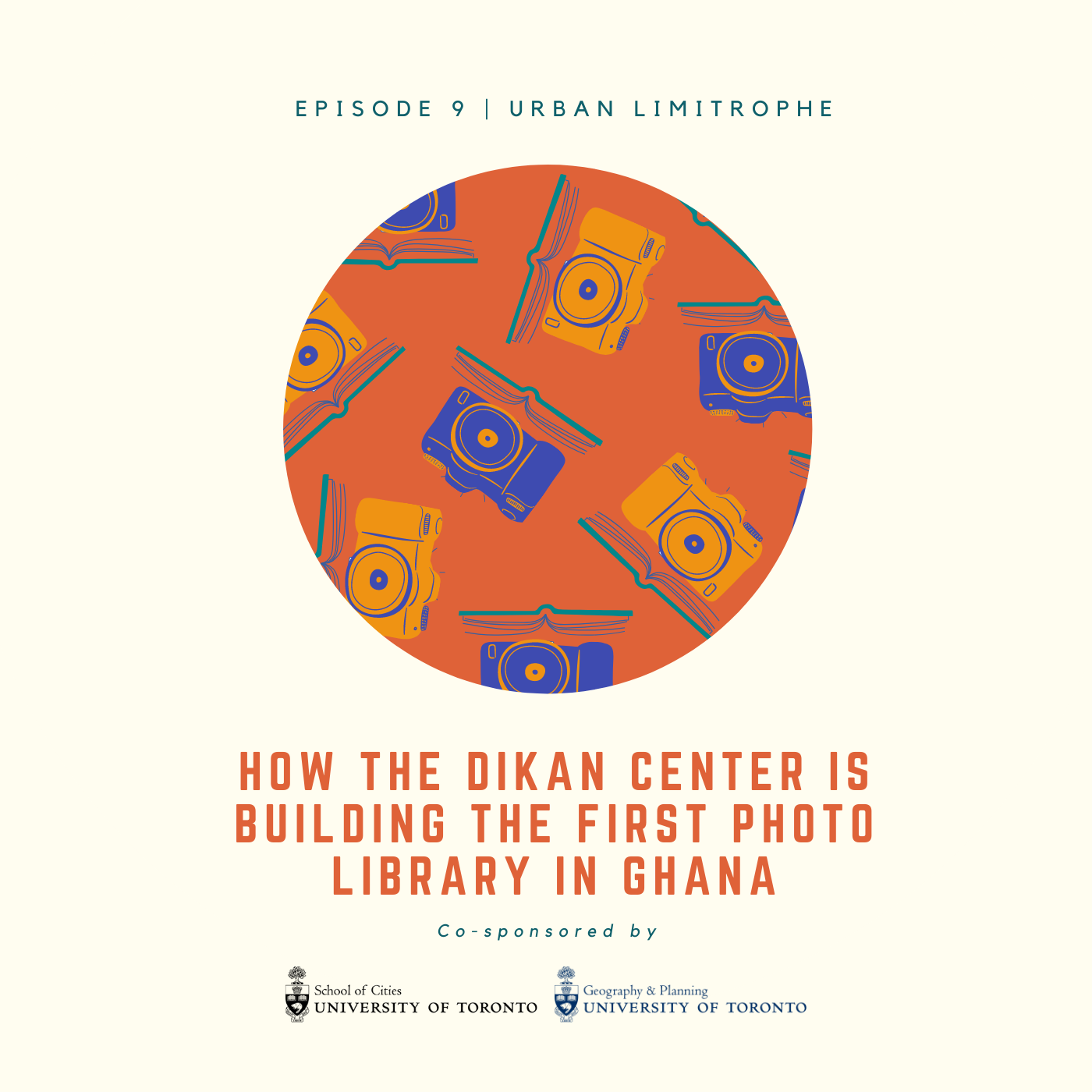In April 2022, I had the pleasure of speaking with Mayor Yvonne Aki-Sawyerr about her work in Freetown, Sierra Leone and her take on resilient cities as part of the annual Reach Alliance Symposium: Resilient Together: Pathways for Sustainable Development.
We spoke of the city's #FreetownTheTreeTown initiative, the importance of community and youth engagement and what it takes to make cities more resilient to climate change and meet the United Nations Sustainable Development Goals (SDGs). To hear the Mayor's keynote address and our interview tune in below:
To listen to other discussions held during the symposium, please visit https://reachalliance.org/2022-symposium/
Timestamps
- 15:20 | What do you recommend other cities do to ensure that they are meaningfully engaging with their communities when tackling climate change? And why is having a comunity-oriented approach to tackling climate change so important for resilience and sustainable development?
- 26:20 | It is often said that the next generation of young leaders are agents of change and are valuable contributors to climate action. Why do you think this is true and critical not only for climate action but for achieving the SDGs? How have young leaders played a role in the City of Freetown's success?
- 29:50 | What makes cities uniquely positioned to drive change and advance the achievement of the SDGs?
Yvonne Aki-Sawyerr, Mayor of Freetown
Yvonne Aki-Sawyerr OBE was sworn in as mayor of Freetown in May 2018 with a commitment to transform Freetown using an inclusive, data-driven approach to address challenges in the city. The 3-year Transform Freetown plan details 19 concrete targets across 11 sectors and covers issues ranging from tackling environmental degradation to facilitating the creation of jobs in the tourism sector. A finance professional with over 25 years of private sector experience in strategic planning, risk management consulting and project management, Mayor Aki-Sawyerr’s public sector engagement began with her work during the 2014–2015 Ebola epidemic and her subsequent role as Delivery Team Lead for the second phase of a multi-stakeholder program to drive socioeconomic recovery in Sierra Leone post Ebola. Mayor Aki-Sawyerr is a chartered accountant and holds an MSc in Politics of the World Economy from the London School of Economics and a BSc Hons in Economics from Fourah Bay College. She was recently recognized in the BBC 2020 100 Women list.
To learn more about the City of Freetown and Mayor Aki-Sawyerr's work, please visit https://fcc.gov.sl/
About the Reach Alliance
The Reach Alliance, founded in 2015 at the University of Toronto’s Munk School of Global Affairs & Public Policy, in partnership with the Mastercard Center for Inclusive Growth, was inspired by the United Nations’ Sustainable Development Goals.
Reach is a student-driven, faculty-mentored research and leadership initiative examining how critical interventions and innovations reach those who are the hardest to reach: those living in extreme poverty, the geographically remote, administratively invisible and marginalized. Our research has been featured in leading outlets, and our in-depth case studies are available on the Reach website.
The Reach Alliance recruits top students – equipping the next generation of leaders, to produce actionable insights – and catalyzes impact through our institutional partners.
To learn more about The Reach Alliance, please visit https://reachalliance.org/





